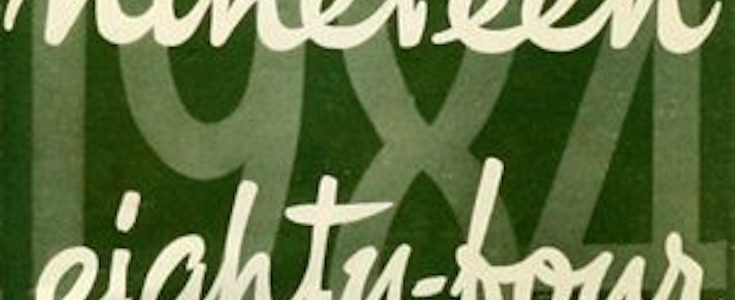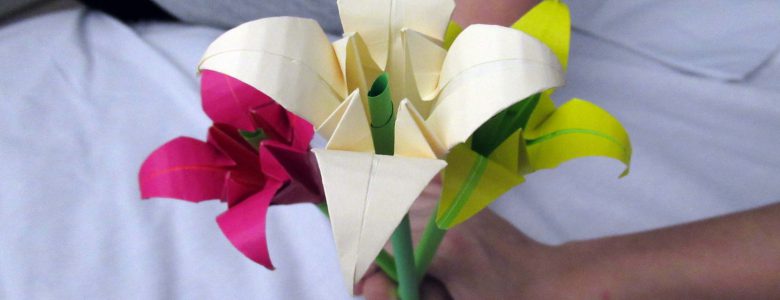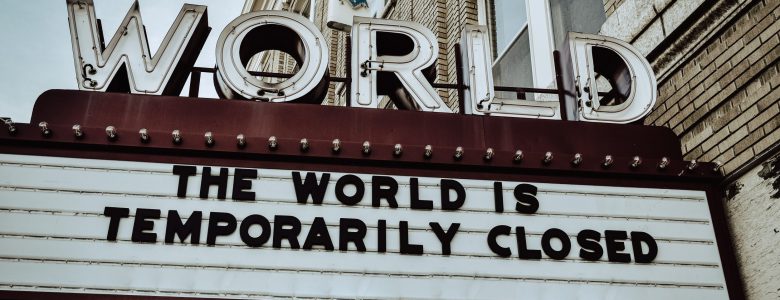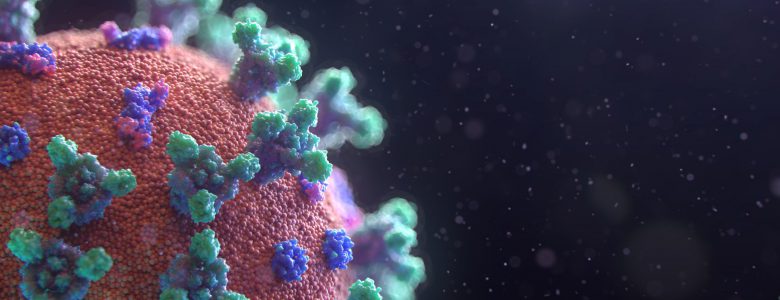
When James Brown returned to George Orwell’s dystopia in an age of pervasive social media intrusion and a global pandemic, it felt a very different novel to the one he had read as a teenager.

When James Brown returned to George Orwell’s dystopia in an age of pervasive social media intrusion and a global pandemic, it felt a very different novel to the one he had read as a teenager.
Historian Andreas Killen on the history of the brain at the start of the Cold War.
Cultural historian Anat Rosenberg on the history of mind control in advertising and its links to current discussions of social media.

Artist, campaigner and facilitator of creative projects Dr Lizzie Burns writes about the effects of boredom and how to counter them.

Shaul Bar-Haim explores how Coronavirus affects our experience of time.

Naomi Richman explores the cultural history of apocalyptic thought and how it can guide us in imagining a better future.

Naomi Richman examines the language, metaphors and imagery that our minds attach to the ‘invisible enemy’ that is coronavirus.
How did child psychologists contribute to the Cold War discourse of “National Security”? Carolyn Laubender discusses the relationship between John Bowlby’s attachment theory and larger political anxieties about the protections offered by the nation state.
As Emma Smith’s Wunderblock opens at the Freud Museum London, we publish here one of the texts by the Hidden Persuaders team that informed the development of the exhibition.
We interview Audra Wolf about her new book, Freedom’s Laboratory: The Cold War Struggle for the Soul of Science.